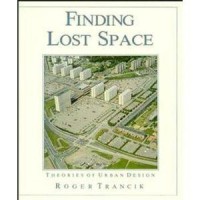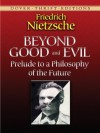Bloody Ruminations
"Of all the written I love only that which he writes with his blood...for he who writes in blood does not want to be read, but to be learnt by heart." ~F. N.
Currently reading
Find your lost spaces.

"Finding lost spaces: theories of urban design" is a classic, an old book on how to re-integrate the segregated open spaces from the urban fabric. It begins with the assumption that architecture cannot solve the problem of lost spaces and to solve them there must be a set of "New Rules" to order them all.
The book starts with a definition of lost spaces and their causes, and then blames it all on modernists and their attitude toward public space. It then presents three clear and distinct theories of urban space (which I found the most useful part of the book). the three theories being the figure-context theory (based on mass/space or positive/negative dichotomy of planning), the linkage theory (considering the activities and circulation of people in the public sphere of cities), and the place theory (representing cultural and social context). the last pages of the book are filled with a few case studies to illustrate Trancik's points, which you can skip after the cases of Boston and Washington D.C..
Overall the book is worth reading if you are a planner, or you work on the large-scale. I personally think that most lost spaces can be found with small, cute ignition of public and private sector coupled with a little architectural creativity and do not need a philosophical approach.













